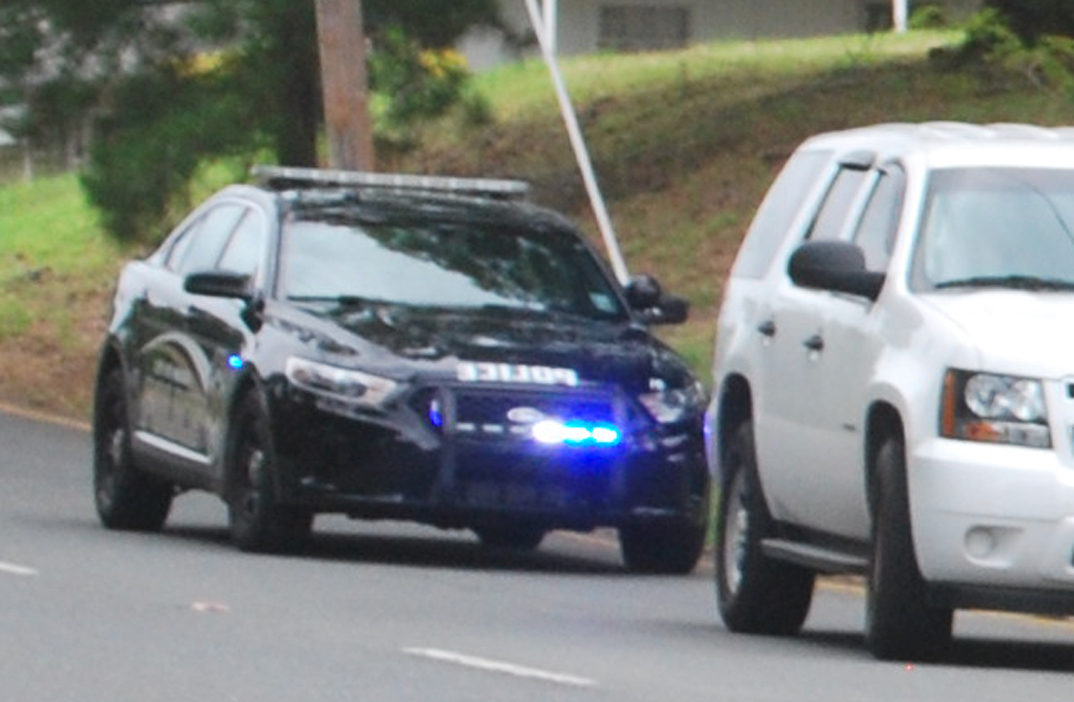205
Police officers conduct traffic stops every day.
Sometimes they issue traffic citations, sometimes they search the vehicle or the person. But when can an officer search a person, a vehicle, or even a home? What’s next if a person refuses to allo
When does an officer have the right to search?
previous post



